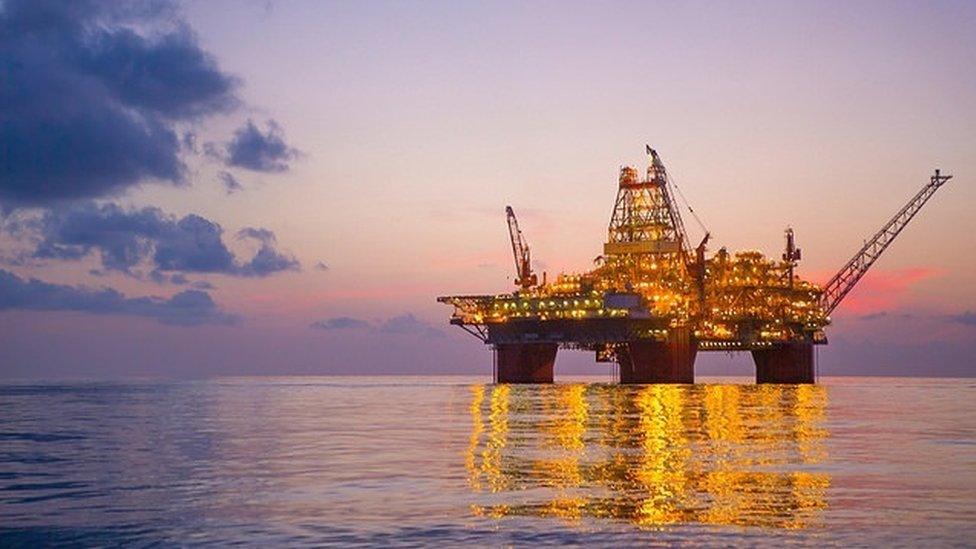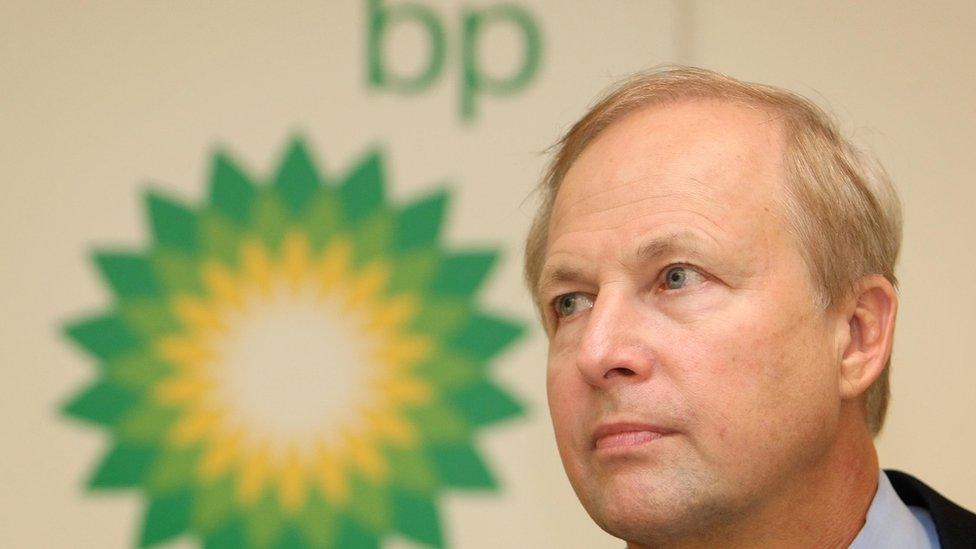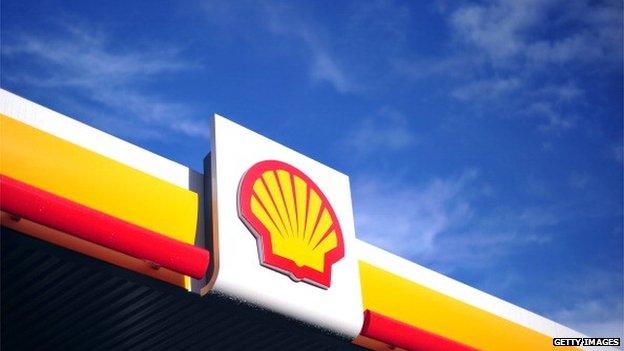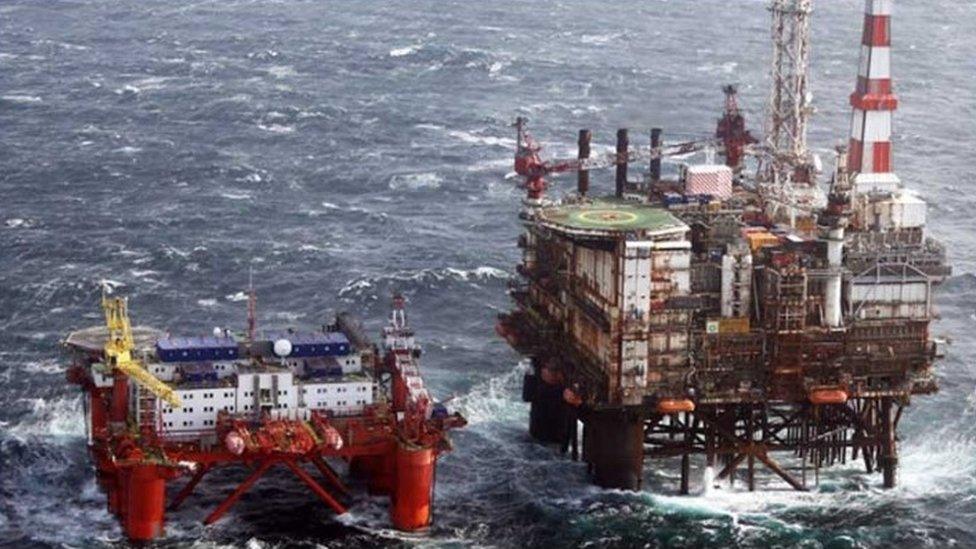BP profits show signs of recovery
- Published

Oil giant BP saw profits double in the last three months of 2016 on the back of slightly higher oil prices and more cost-cutting.
Underlying replacement cost profit - the company's preferred measure - was $400m, up from $196m a year earlier.
BP took another charge of $799m for the Deepwater Horizon disaster, bringing total charges to $62.6bn.
"2016 was the year we made significant strides" for future growth, said chief executive Bob Dudley.
He added: "We start this year with considerable momentum - and a sense of disciplined ambition. We have laid the foundations for BP to be back to growth."
For the year as a whole, external, underlying replacement cost profit - which strips out fluctuations in the value of oil stocks - fell to $2.58bn (£2.08bn), down from $5.90bn in 2015.
The profit figures were, however, below some analysts' forecasts, and BP shares fell 2% at the start of trading in London.


Analysis: Simon Jack, BBC business editor
If BP group chief executive Bob Dudley was paid £14m for delivering a $6.5bn (£5.3bn) loss last year, what on earth will he get paid for delivering a profit in 2017?
The answer to this will shed a lot of light on the politically current and intense debate around executive pay.
A year ago, Mr Dudley became the unwilling poster boy for angry shareholders when, at the BP annual general meeting, 59% of shareholders voted against his £14m pay award.
He got the money anyway because the vote was not binding, so the board did not have to do what the owners of the company wanted.
Under rules introduced by the coalition government and championed by then Business Secretary Vince Cable, shareholders can only reject a pay packet or the formula by which it is calculated every three years.
That measure gave them more control than they had previously enjoyed but it clearly did not work or go far enough.

In 2015, BP posted the company's biggest loss in at least 20 years, ravaged by Gulf of Mexico spill costs and tumbling oil prices, which caused the group to axe jobs and cut investments.
But Mr Dudley said that the costs and liabilities from the fatal Deepwater Horizon oil platform disaster were "now substantially behind us. BP is fully focused on the future".
BP said it would balance its books at an oil price of around $60 per barrel by the end of the year. Oil companies have been selling assets and cutting costs to adjust to lower prices. Brent crude, the international benchmark, averaged $44 a barrel last year, the lowest in 12 years.
Full-year capital expenditure is now expected at the higher end of BP's previous guidance of $16-17bn, a possible sign that the company feels that crude oil prices are starting to stabilise.
The group has been making acquisitions recently, snapping up Australian petrol stations at the end of last year, striking a deal to take a 10% stake in Abu Dhabi Company - giving it access to the emirate's largest oilfields, and taking a stake in exploration areas off the coast of Mauritania and Senegal.
BP held the quarterly dividend at 10 cents, which equates to an annual yield of 7%. Given the size of BP, the payout is watched closely by investors.
Laith Khalaf, senior analyst at Hargreaves Lansdown, said: "One worrying aspect of the dividend is the colossal amount being paid out in shares rather than cash, which increases the number of mouths to feed next time a payment is made.
"BP issued $2.9bn of shares in lieu of dividends in 2016; shares which if listed separately would form a company at the top end of the FTSE 250."
- Published2 February 2017

- Published24 January 2017
